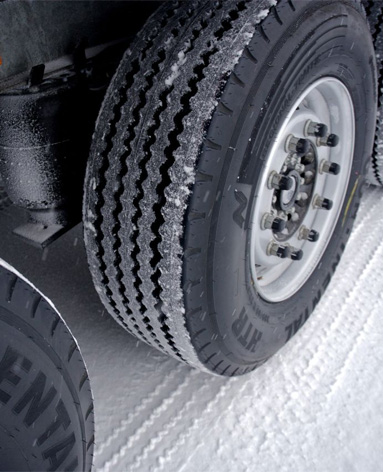des . 19, 2024 04:50 Back to list
how to remove stubborn brake drums
How to Remove Stubborn Brake Drums A Step-by-Step Guide
Removing stubborn brake drums can be a challenging task, especially for those who are new to automotive repair. Brake drums can become rusted, corroded, or simply stuck due to years of wear and tear. However, with the right tools, some patience, and a few tips and tricks, you can successfully remove these obstinate components and keep your vehicle in top shape.
Tools You'll Need
Before you start, make sure you have the following tools handy
1. Jack and Jack Stands To safely lift your vehicle. 2. Lug Wrench For removing the wheel nuts. 3. Brake Drum Puller This specialized tool can help remove stubborn drums. 4. Hammer A rubber or dead-blow hammer is recommended to avoid damaging the drum. 5. Pry Bar To help wiggle the drum loose if it’s stuck. 6. Brake Cleaner For cleaning the components once the drum is removed. 7. Safety Gear Gloves, goggles, and possibly a face mask.
Step-by-Step Guide to Remove Stubborn Brake Drums
Step 1 Safety First
Before you begin any work, ensure the vehicle is parked on a flat, stable surface. Engage the parking brake and put on your safety gear. Lift the vehicle using the jack and secure it with jack stands to prevent any accidents.
Step 2 Remove the Wheel
Using the lug wrench, loosen the wheel lug nuts while the wheel is still on the ground for stability. Once they're loose, remove the wheel completely and set it aside.
Step 3 Inspect the Brake Drum
Take a moment to inspect the brake drum for any signs of damage or excessive rust. If it seems to be in good condition, you can proceed with the removal. If you notice any deep grooves or cracks, consider replacing the drum altogether.
Step 4 Loosen Sticking Points
If the brake drum seems to be stuck, it’s often due to rust or corrosion around the hub. Use a wire brush to clean around the drum’s mounting surface, removing any debris or corrosion. Apply some brake cleaner to help dissolve any grime.
how to remove stubborn brake drums

Step 5 Use a Brake Drum Puller
If the drum remains stubborn, it’s time to reach for the brake drum puller. Position the puller according to the manufacturer's instructions, ensuring that it is securely attached to the drum. As you tighten the puller’s screws, be cautious not to apply excessive force, which could damage the drum or surrounding components.
Step 6 Tapping with a Hammer
If the puller does not work, you can try tapping the drum gently with a hammer. Use the hammer around the perimeter of the drum to create vibrations and loosen any stuck components. Be sure to use a rubber or dead-blow hammer to minimize the risk of damaging the drum.
Step 7 Pry the Drum Loose
If the drum is still stuck, insert the pry bar gently between the drum and the backing plate. Carefully apply leverage to help pry the drum away from the hub. Be patient and avoid applying too much pressure at once, as this could cause the brake components to bend or break.
Step 8 Remove the Drum
Once the drum begins to move, continue using the puller or hammer (if necessary) until you can slide the drum off completely. Be cautious of the brake shoes and springs inside, as they may be under tension.
Step 9 Clean and Inspect
After successfully removing the drum, clean the surface of the hub and inspect the brake shoes and springs for wear. If they appear worn or damaged, this is a great opportunity to replace them before reinstalling the drum.
Step 10 Reinstallation
To reinstall the brake drum, reverse the process. Ensure everything is clean and properly seated before reattaching the wheel and lowering the vehicle.
Conclusion
Removing stubborn brake drums can be frustrating, but with the right tools and techniques, it can be accomplished. Always prioritize safety and take your time to avoid damaging any components. If at any point you feel overwhelmed, don't hesitate to consult a professional mechanic. With practice, you can enhance your automotive skills and ensure your vehicle remains safe and functional on the road.
-
Your Brake Drum Man: Quality & Performance Parts
NewsAug.21,2025
-
Explore Japan: Ultimate Travel Guide & Authentic Experiences
NewsAug.19,2025
-
Your Brake Drum Man: Premium & Reliable Brake Drums for Sale
NewsAug.18,2025
-
ROR Web Development: Build Fast, Scalable, Secure Apps
NewsAug.17,2025
-
Scania Brake Drums: OEM Quality for Optimal Safety & Durability
NewsAug.16,2025
-
R.V.I: Advanced Remote Visual Inspection for Precision
NewsAug.15,2025
